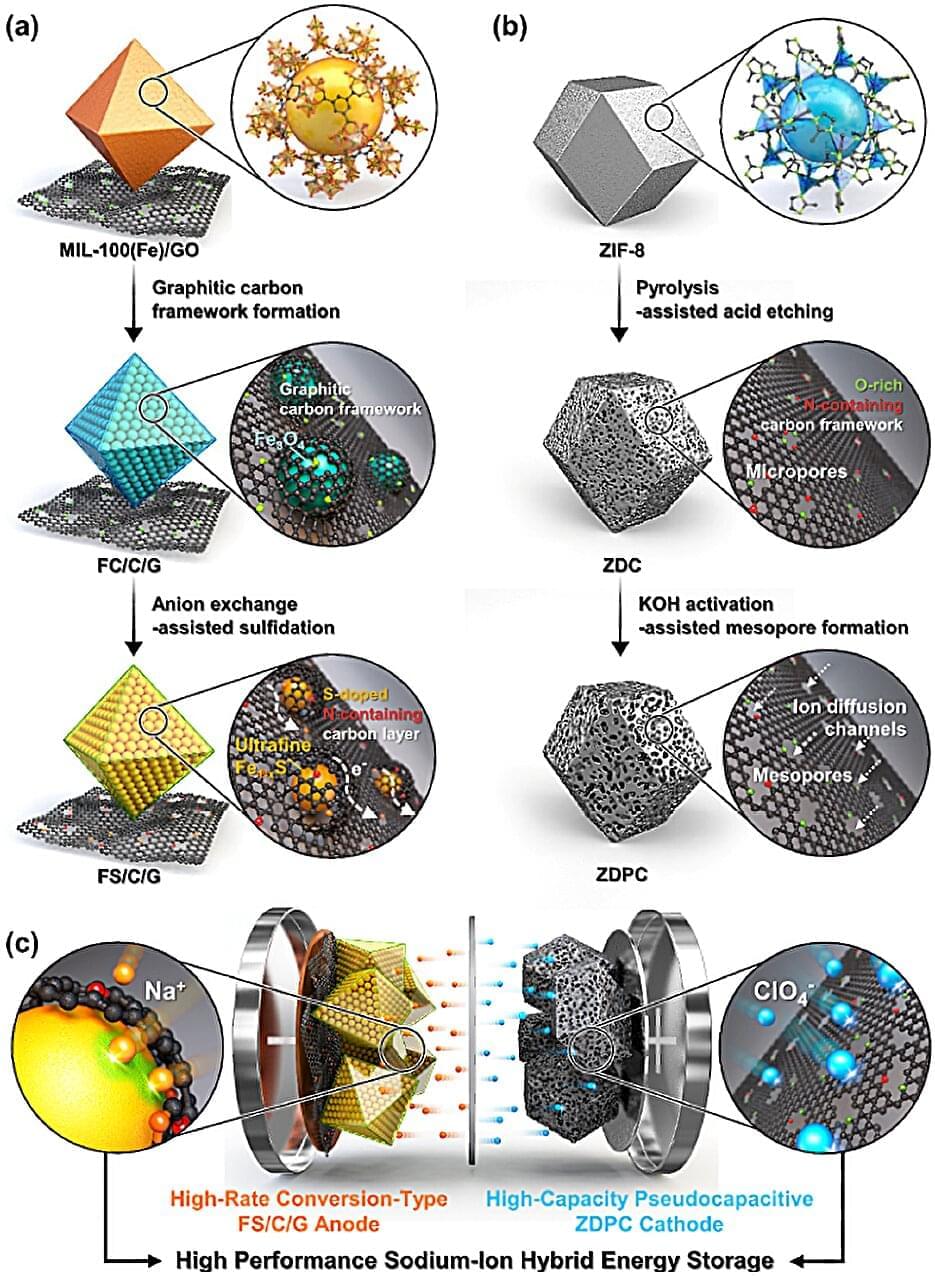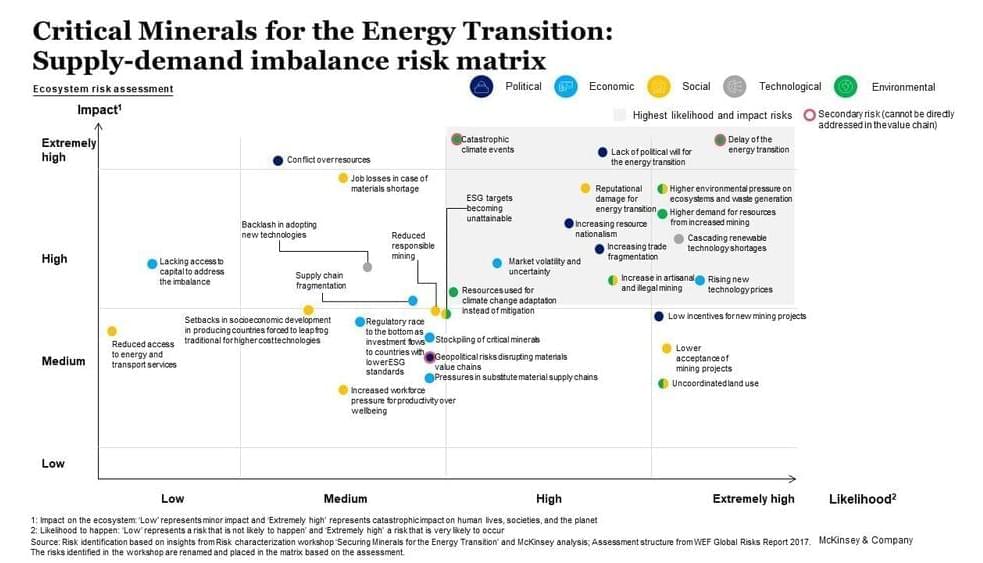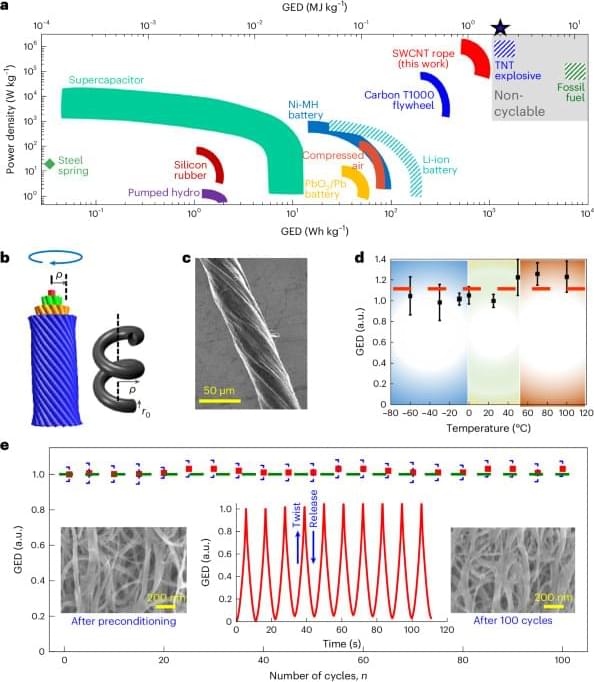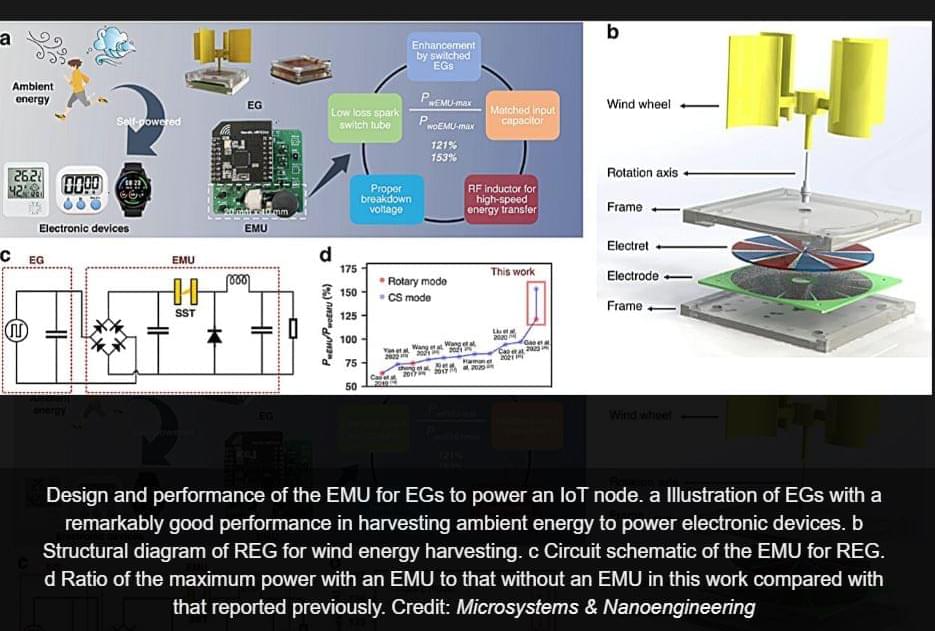Apr 21, 2024
Silent flight edges closer to reality, new research suggests
Posted by Gemechu Taye in categories: energy, transportation
Researchers at the University of Bristol have uncovered the secrets behind the quiet operation of futuristic aircraft equipped with innovative embedded engines.
The study sheds light on the noise generation and transmission mechanisms of boundary layer ingesting (BLI) ducted fans. These engines draw in air from both the front and the surface of the aircraft’s body and operate with high efficiency, reducing fuel consumption compared to traditional engines.


















